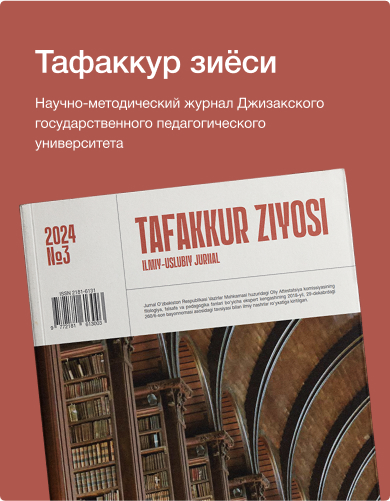(LRU–Number 792, 29.09.2022.)
On September 29 of this year, the LRU-792 “On Electronic Commerce” was signed by the President
According to the law, the Ministry of Information Technologies and Communications Development is the competent state body in the field of e-commerce.
Legal or natural persons participating in e-commerce as a seller, supplier of services or performing work, as well as legal or natural persons participating in e-commerce as a buyer or consumer of goods are e-commerce participants.
The seller has the right to carry out e-commerce activities from the moment of state registration.
The buyer has the following rights:
purchase of goods by concluding contracts;
getting complete information about goods, manufacturer and other conditions of purchase of goods;
demand equality of conditions for participation in operations carried out in the field of electronic commerce;
demand protection of their rights and legal interests.
Client:
to provide documents and information necessary for concluding a contract after accepting an offer to conclude a contract;
must provide payment system operators with information necessary for making payments in accordance with the law.
The buyer may have other rights and obligations under the law and the contract.
E-commerce operators include:
operators and providers of telecommunication networks;
operators of electronic trading platforms;
payment service providers;
electronic documents of electronic commerce subjects
and legal entities providing services for storing electronic messages.
In electronic commerce, the contract is formalized in the form of an electronic document by agreeing the terms of the contract between the parties by means of confirmation of electronic documents and (or) messages.
Formation of documents in electronic commerce is carried out according to the agreement of the parties.
Electronic checks, receipts, messages and other documents that allow electronic commerce operators or sellers to identify the parties to the contract, generated through information systems during the sale of goods (works, services) are equal to similar documents on paper that confirm the purchase of goods (works, services).
Electronic confirmation methods (“SMS”, “Face-ID”, etc.) that express the consent of the person who signed the document and allow him to be identified and authenticated in electronic commerce are also recognized as signatures.
Electronic documents in e-commerce, as well as information recorded in electronic form, which allows identification of the sender, are equivalent to documents drawn up on paper and signed by hand, and they can be used as evidence of the conclusion of a contract.
The contract cannot be invalidated solely on the basis that it was concluded using information systems.
In the field of e-commerce, payments are made in the following ways:
with cash funds – by presenting to the buyer documents confirming that cash funds have been received through virtual terminals (“E-POS”) as a means of payment, as well as documents that reflect information about the seller and the sold goods (works, services);
by transferring funds from a bank account – by means of transferring funds from a bank account (including a bank card account), including through a personal cabinet (remote service system) or through the system of a payment organization;
using electronic money – by means of transferring funds in an electronic wallet opened in the electronic money system.
The law will enter into force three months after its official publication.





